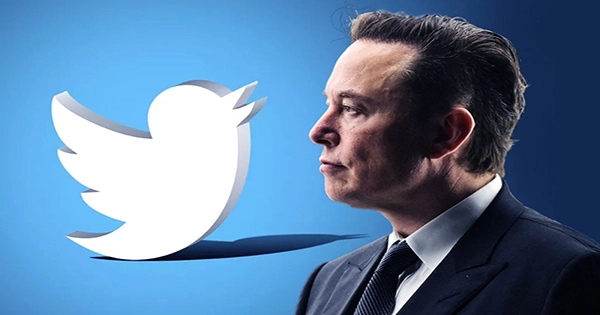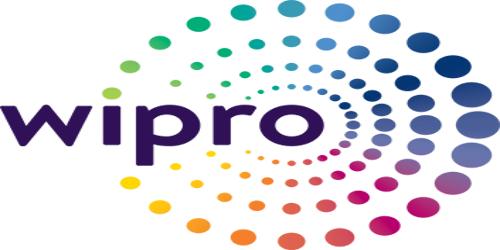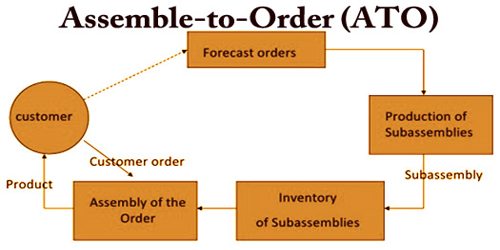Team, good morning! Now that the transaction is roughly completed and the social media company’s results are out, we’re heading toward the finish (?) of the Musk-Twitter tale. However, Twitter’s most recent batch of financial reports exposed how reliant the firm is on advertising income, highlighting a possible flaw in the internet mogul’s plan to acquire and reform the site. To be clear, I am a Twitter user and supporter of free expression. That is to say, I do not believe that governments should have authority over private persons’ speech.
This implies that I support Twitter finding a platform posture that allows for the most user voice while still allowing it to operate a business. There are two perspectives on the capacity to operate a firm. First, Twitter needs to build a platform that people want to spend a lot of time on. Why? Because time spent on Twitter equates to ad chances and, as a result, cash. Second, Twitter must manage a platform on which marketers are ready to spend money; it cannot contain so much poisonous material that advertisers are unwilling to link their brand with it.

YouTube, for example, has had comparable concerns. I say all of this because Musk appears to believe that Twitter has gone too far in controlling its platform — though it’s often difficult to tell if the multi-CEO is kidding or serious in his public statements. He appears to feel that consumers should be able to doodle in more white space. It makes no difference if I agree with Musk; what matters is how advertisers perceive the potential changes.
Because if they don’t like them, Twitter’s company will struggle to make up for the lost revenue. That much is clear from the company’s earnings report this morning. And, with Twitter already trying to appease advertisers ahead of its sale, it’s easy to see how Musk’s intentions for the social media behemoth may collide with a less-than-ideal financial reality.
What are the dangers? Simply said, if Twitter lowers its content control procedures and a flood of poisonous garbage emerges, advertisers may decide to leave. Sarah Perez recently investigated this for TechCrunch: If Twitter’s content moderation controls are rolled back, more bullying, violent speech, hate speech, disinformation, and other unpleasant content may find traction.
















